The Civil War Journal of Private Heyward Emmell, Ambulance and
Infantry Corps
Private Heyward Glover Emmell of the 7th Regiment, New Jersey Volunteers. Courtesy of the Madison Historical Society.
The Civil War Journal of Private Heyward Emmell, Ambulance and
Infantry Corps
A Very Disagreeable War
Edited by Jim Malcolm
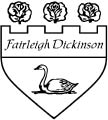
Fairleigh Dickinson University Press
Madison Teaneck
Published by Fairleigh Dickinson University Press
Co-published with The Rowman & Littlefield Publishing Group, Inc.
4501 Forbes Boulevard, Suite 200, Lanham, Maryland 20706
www.rowmanlittlefield.com
Estover Road, Plymouth PL6 7PY, United Kingdom
Copyright 2011 by Jim Malcolm
All rights reserved . No part of this book may be reproduced in any form or by any
electronic or mechanical means, including information storage and retrieval systems,
without written permission from the publisher, except by a reviewer who may quote
passages in a review.
British Library Cataloguing in Publication Information Available
Library of Congress Cataloging-in-Publication Data
Emmell, Heyward (Heyward G.), 18411917.
The Civil War journal of Private Heyward Emmell, ambulance and infantry corps :
a very disagreeable war / edited by Jim Malcolm.
p. cm.
Includes index.
ISBN 978-1-61147-040-6 (cloth : alk. paper) ISBN 978-1-61147-041-3 (electronic)
1. Emmell, Heyward (Heyward G.), 18411917Diaries. 2. United States. Army.
New Jersey Infantry Regiment, 7th (18611865) 3. United States. Army of the
Potomac. Ambulance Corps. 4. United StatesHistoryCivil War, 18611865
Personal narratives. 5. New JerseyHistoryCivil War, 18611865Personal
narratives. 6. SoldiersNew JerseyMorristownDiaries. I. Malcolm, Jim (James
A.) II. Title.
E521.57th .E46 2011
973.7 ' 8dc22 2011012113
 The paper used in this publication meets the minimum requirements of American
The paper used in this publication meets the minimum requirements of American
National Standard for Information SciencesPermanence of Paper for Printed Library
Materials, ANSI/NISO Z39.48-1992.
Printed in the United States of America
To my wife Kate for her support, encouragement, and expertise.
Preface
Private Heyward Glover Emmell first put his boot in my door (so to speak) one evening at dinner. My wife Kate, who is in charge of the collection of the Madison (Morris County, New Jersey) Historical Society, told me about the Civil War journal that the society had in its collection and said, How great it would be if someone would transcribe it. I said I would take a look. Two days later, a copy of the first few pages of the journal were in my hands and Private Emmell moved in.
This document came into the possession of the Madison Historical Society in 1969 upon the death of Mrs. Warren Heyward Burnet (ne Jessie McCurty) who was a Madison Historical Society member and, for a while, was in charge of its collection. A search through the census records showed the journals likeliest path from Heyward Emmell to Jessie Burnet. Heyward Emmells sister Caroline married Benjamin Burnet. They were the parents of Warren Heyward Burnet, who married Jessie McCurty. Presumably the journal passed from Heyward to Caroline, Warren, Jessie, and then to the Madison Historical Society.
This document has always been referred to as the Journal. It has a marbled, glossy cardboard cover (reminiscent of a 1950s theme book) and measures 12 inches high by 7 inches wide, with lined and numbered pages. On the cover are the typeset name Heyward Emmell and a picture of an American flag with thirty-five stars. Heyward Emmell was a clerk in a Morristown store before joining the 7th Regiment, New Jersey Volunteers in September 1861. It is not hard to imagine him choosing such a volume to record his thoughts. How he was able to keep it for three years of active combat is more of a mystery. It is possible that his friend and surrogate big brother, Merritt Bruen, who was regimental quartermaster, was able to keep it safe for much of the time.
Why Private Emmell kept the journal is also a mystery. There is no preamble to explain why he started writing it, why he was so faithful in his writing, or who the intended audience was. Some entries, such as Let me tell you who is here in the tent with me right now... convey an immediacy of the events and imply the expectation of an audience.
Another unanswered question is why Heyward Emmell, a 19-year-old clerk in a Morristown store, chose to leave his family and home to fight. His grandfather, a German immigrant, fought in the American Revolution under George Washington. Some entries indicate that Private Emmell revered the memory of George Washington; this was a common sentiment only sixty-four years after that great mans death. However, Heywards brother, George Emmell, despite a similar upbringing, did not join him in the struggle to save the Union.
The first entry is dated October 1, 1861, the evening when Company K of the 7th Regiment, New Jersey, Volunteers was first brought together. For the next three years and a few days, Heyward Emmell recorded the life of a combat soldier as he experienced it. He had opinions, but they were consistent with his position. He was in the presence of the giants of the day, but he does not claim to have interacted with them. His larger concerns were for keeping warm and dry, being fed, staying alive, and his feetthe cares of the common infantryman.
In transcribing the journal, I discovered the 1860s were not a high point of grammar, punctuation, or spelling. However, it was a good time for penmanship, which was very important when doing the transcription. In the approximately 40,000-word transcript, only a few words were not readable.
Several people who had used the journal for their own research encouraged me to publish it. From talking to Civil War buffs, I learned that the fewer changes I made to the journal, the more it would be appreciated.
Previous readers have used the journal as a resource for serious historical research. For researchers, accurately identified and indexed people and place names are important. I have put much of my effort into identifying, verifying, and correctly spelling the people and places detailed in the journal. The place names are consistent with the common usage of the period with one exception. I changed all the bourgs (as in Gettysbourg) to burg to match the modern spelling in order to make the index more usable. Peoples names were more of a problem. I used the spelling as it appeared in Record of Officers and Men of New Jersey in the Civil War, 18611865 as a reference for consistency. However, I found mistakes in this document, including the name of Heyward Emmell misspelled. When the spelling of a name was known with certainty, the known correct spelling was used. Occasionally someone was mentioned by last name only, and multiple people shared that last name. Due to the context of the entry, I was always able to disambiguate the name, allowing me to add the first name in square brackets.
I confined my effort of identifying and indexing people to the military with a few exceptions. I indexed the references to Heywards brother, George Emmell, since he appeared a number of times. I also indexed references to Silas Day Cory. Silas Cory was the father of Ira W. Cory and Theo L. Cory of the 7th Regiment. He visited the troops at the front often, sometimes performing mundane tasks such as delivering packages and letters and other times trying to recover the bodies of casualties to bring them home for burial.

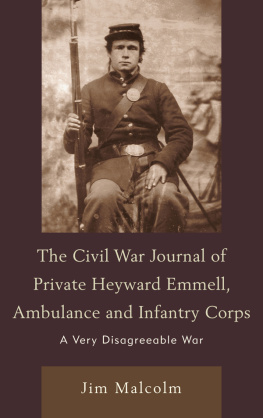
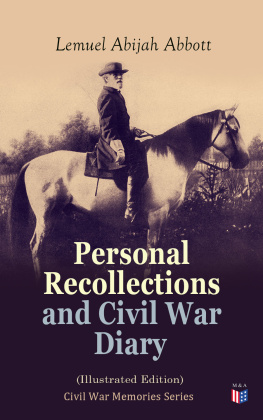
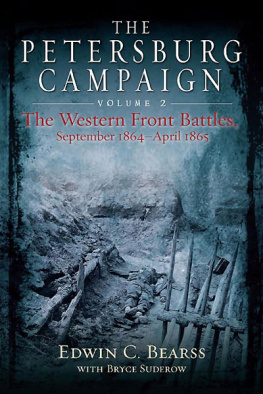

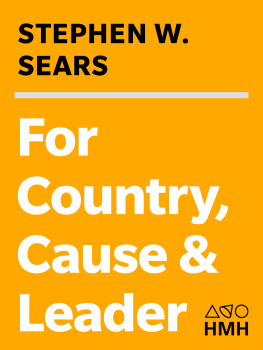
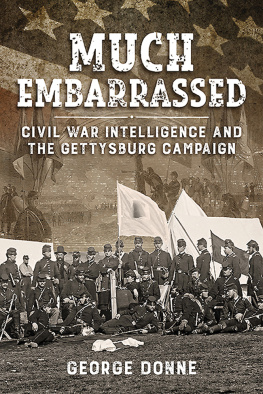
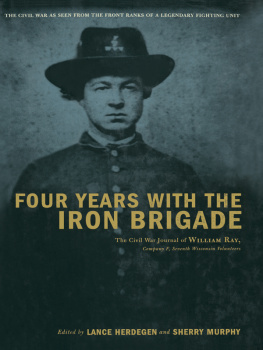
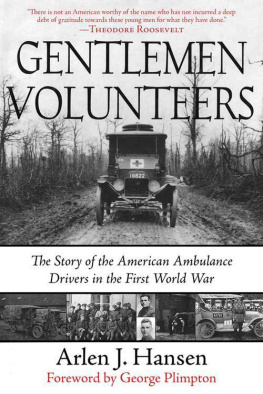
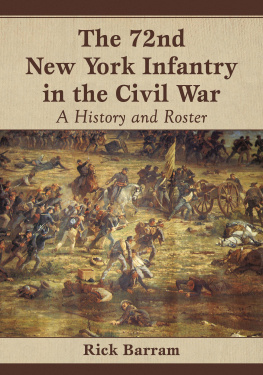
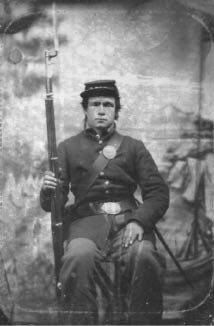

 The paper used in this publication meets the minimum requirements of American
The paper used in this publication meets the minimum requirements of American